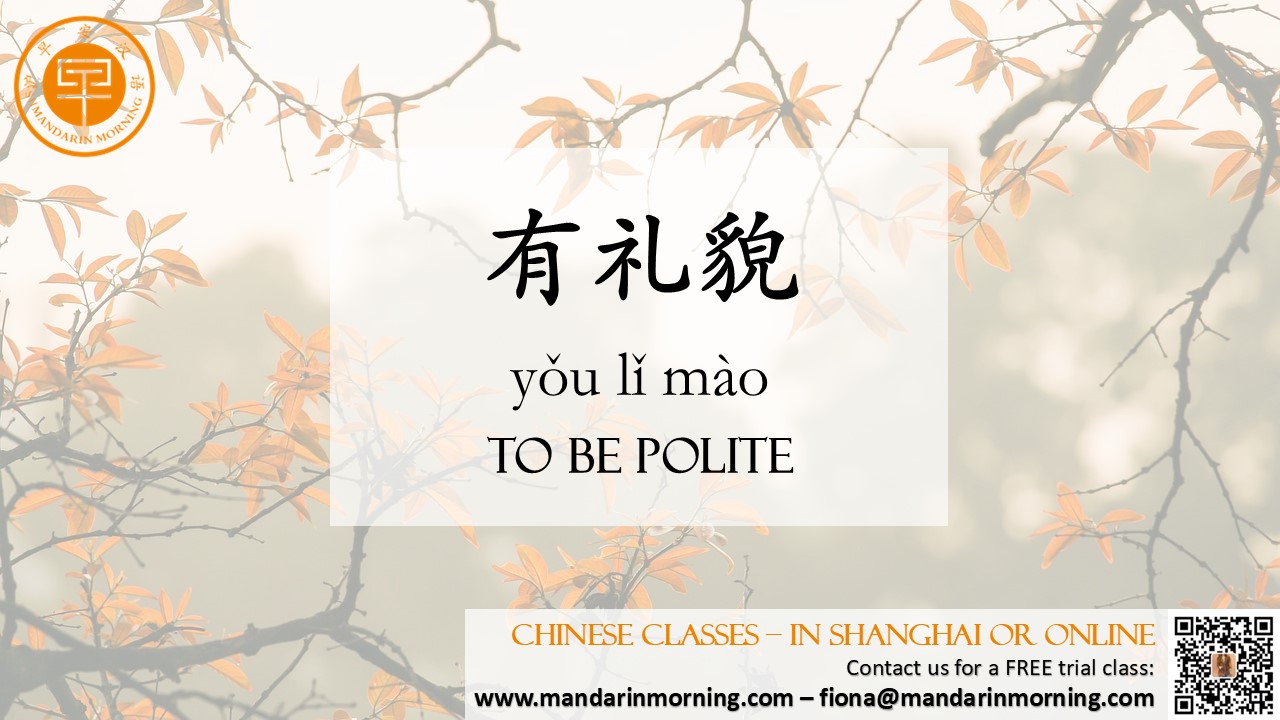【Learn Chinese】How to be Polite in Chinese |
| In the realm of social interactions, knowing the right phrases to use can significantly enhance your communication skills. The word "谢谢" (xiè xiè), meaning "thank you," is a staple in expressing gratitude. However, there's a wealth of other expressions that can help you navigate various social scenarios with grace and cultural awareness. Let's explore some of these phrases to make your interactions in Chinese more nuanced and polite.  When You Want to Show Deep Gratitude 太感谢了。(Tài gǎnxiè le.) "Very thankful." 您真是太好了。(Nín shì tài hǎo le.) "You are really too kind." When You Need to Apologize 对不起,这是我的错。(Duìbùqǐ, zhè shì wǒ de cuò.) "I'm sorry, it's my fault." 请原谅。(Qǐng yuánliàng.) "Please forgive me." When You Want to Offer Assistance 需要帮忙吗?(Xūyào bāngmáng ma?) "Do you need help?" 让我来分步计算。(Ràng wǒ lái fēnbù jìsuàn.) "Let me do it step by step." When You're Complimenting Someone 你做得真好。(Nǐ zuò de zhēn hǎo.) "You did a great job." 这太棒了。(Zhè tài bàng le.) "This is fantastic." Examples: 你帮我找到了丢失的钱包,太感谢了。(nǐ bāng wǒ zhǎo dào shī diū de qiánbāo, tài gǎnxiè le) -You helped me find my lost wallet, very thankful. 对不起,我迟到了。(duìbùqǐ, wǒ chídào le) - I'm sorry, I'm late. 这个箱子太重了,需要帮忙吗?(zhège xiāngzi tài zhòng le, xūyào bāngmáng ma) - This box is too heavy, do you need help? 你做的这道菜太棒了。(nǐ zuò de zhè dào cài tài bàng le) - The dish you made is fantastic. Mastering the art of social etiquette in Chinese goes beyond simply saying "谢谢" (Xièxie). By incorporating a variety of expressions for gratitude, apology, assistance, and compliments, you can enrich your conversations and show respect and consideration in a culturally appropriate way. These phrases will not only help you avoid misunderstandings but also endear you to your Chinese-speaking friends and colleagues. |